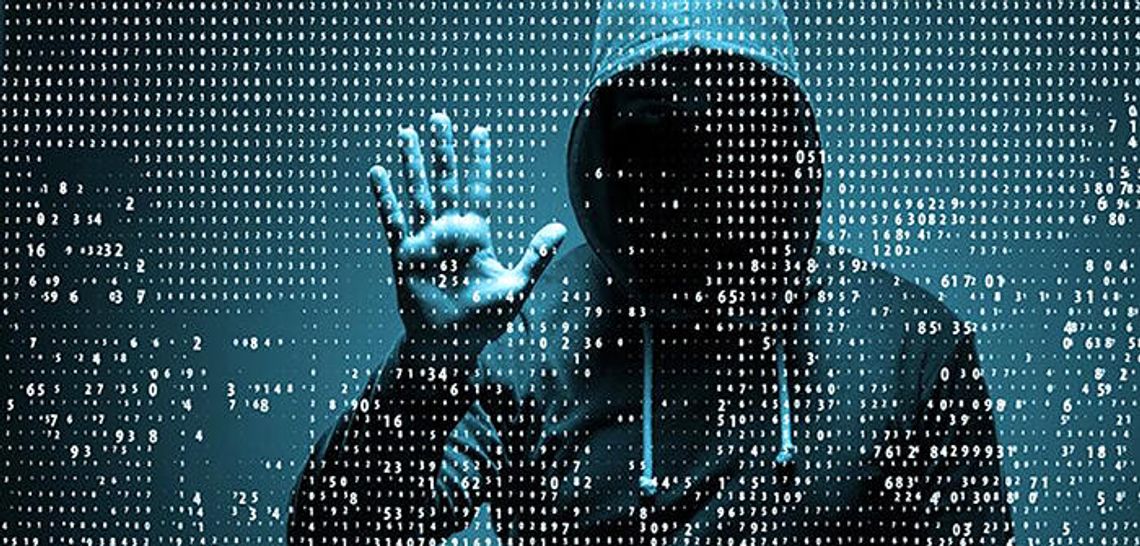As the world draws closer together in the Internet age, worries about the security of data shared over the web is growing.
Recent data breaches that have impacted companies such as Equifax has compromised the data of millions.
Locally, experts in computer science and cybersecurity urge residents to remain vigilant with their online personas.
“Basically any place that has public wifi, like a library or airport, is susceptible to these attacks, even if they are password protected. The key is to not do anything that involved sensitive information when you are in public spaces. Don’t shop, use credit cards or enter your social security number.”
–Matt Dawson, Kyle’s IT director
In Kyle, Matt Dawson, Marco Forti and Danielle DeLeon, a trio of computer science professionals work tirelessly around the clock to protect the city’s assets and information from breaches and attacks.
“I believe cybersecurity in business, the government and with private citizens is extremely important, especially with the growing threats all around us,” said Dawson, Kyle IT director. “We train the city staff on how they can identify online attacks and hacks so they can protect themselves and the city.”
The trio agreed that the landscape for online attacks are evolving as hacks are becoming more sophisticated and expensive to deal with. Attacks are also beginning to target everyday citizens and not just those in positions of power.
The Coffee shop syndrome
Experts say open wifi networks are some of the most susceptible for hackers. Open wifi networks allow anyone to connect to the internet, including hackers who could track your web traffic.
Mina Guirguis, a Texas State University professor with a Ph.D. in computer science, said hackers can set up duplicate wifi networks that look identical to a coffee shop’s network. If connected to these networks, web traffic can be monitored, including emails and credit card transactions.
Even places like the public library aren’t necessarily safe from attacks.
“Basically, any place that has public wifi, like a library or airport, is susceptible to these attacks, even if they are password protected,” Dawson said. “The key is to not do anything that involved sensitive information when you are in public spaces. Don’t shop, use credit cards or enter your social security number.”
Practicing common sense will go a long way in keeping data protected, experts said.
Texas State University network security professor Qijun Gu said citizens should protect their passwords with multi-factor or two-factor authentication.
This double layer of authentication requires users to enter a security code typically sent to their cell phone when trying to log in on their accounts. This adds an extra layer of security that can ensure safety even if a password is compromised.
“You don’t have to be an expert in cybersecurity to stay safe, you just need to be aware,” Gu said. “If you are a student, a small business owner or a politician, you shouldn’t overlook your privacy.”
Gu and Guirguis teach their students about recent cyber-attacks and keep them to date on the latest breaches and why they happened.
Phishing attacks are on the rise globally
Experts estimate that phishing attacks make up a majority of hacks and, in the most severe cases, can cost a business millions of dollars in damages.
Phishing attacks, typically sent through email, involves a user accidentally clicking a faulty link that looks legitimate.
Those false links could compromise businesses data, including emails, credit card information, passwords and more.
“State of the Phish,” an annual report on phishing attacks, reported that 83 percent of survey responders have experienced a phishing attack, up six percent from the previous year.
Marketing, management, sales, human resources and production departments are highly targeted for phishing attacks.
Phishing for hackers is easy and profitable. With one email, it is estimated that an attacker can cause an average of $1.6 million in damages to a mid-sized company.
"I think the real danger happens when someone doesn't realize they clicked a faulty link and a lot of time has passed before it's caught," Guirguis said. “But you can’t expect everyone to be an expert. If you feel you clicked on a faulty link, talk with your administrator and get some help.”
Although Gu doesn’t believe phishing attacks will dwindle, he does believe practicing common sense is the best way to protect a business or person from attacks.
Together, Gu and Guirguis are part of a team at Texas State that teaches the next generation of computer scientists how to stay vigilant and safe online.
“Ten years ago, we had less reliance on computers and their systems, but today, it is embedded in everything we do,” said DeLeon, city of Kyle systems analyst. “If you’re in public, the expectation is there is some risk. Building good security can’t be an afterthought. With how things are changing, you have to adapt.”










